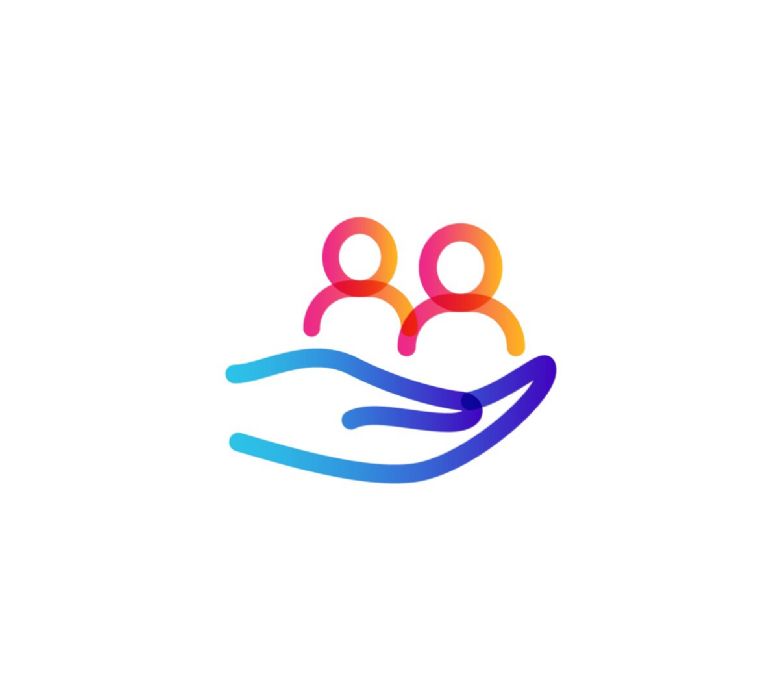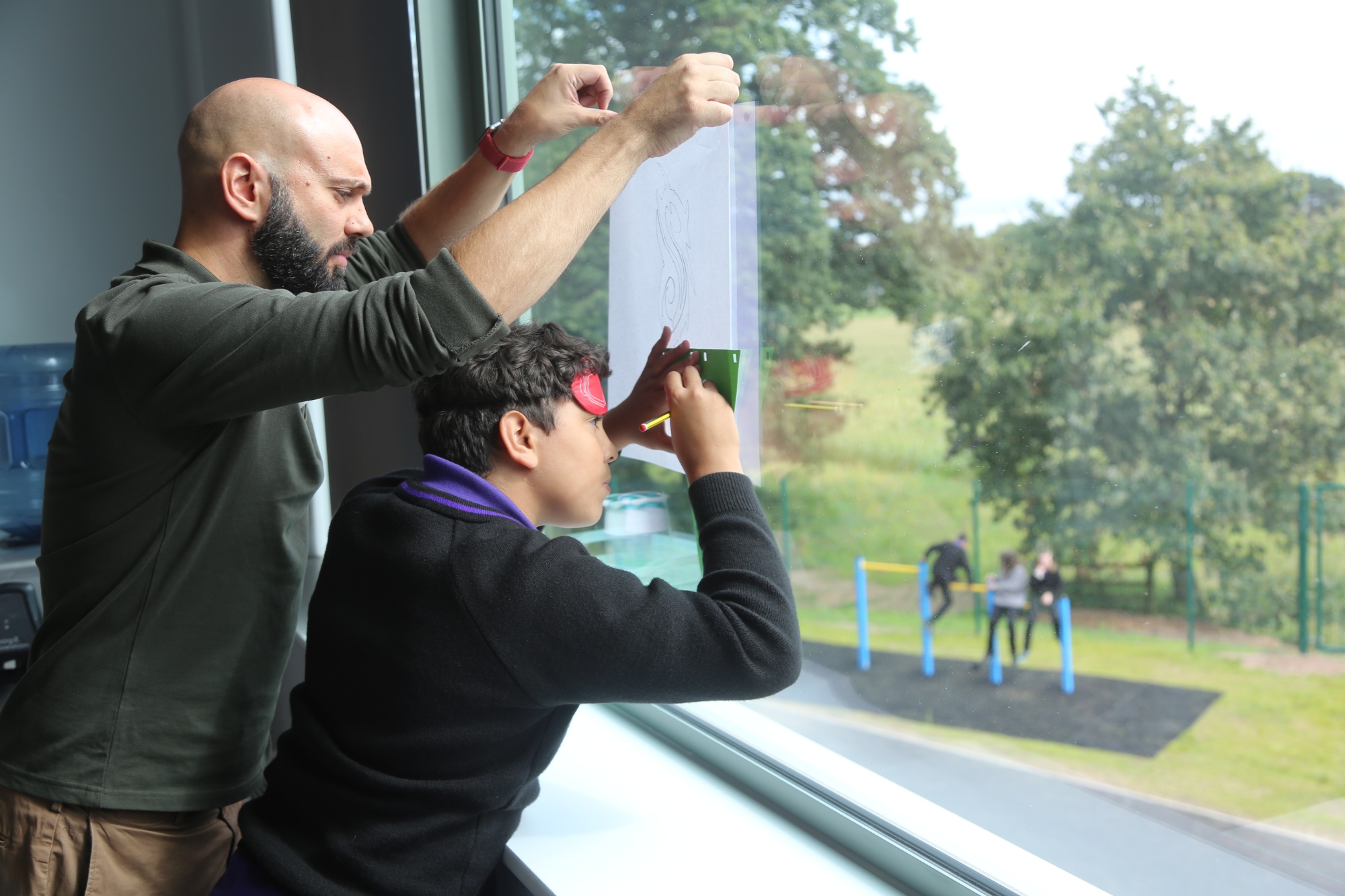Behaviour , Well-being and Inclusion
Inclusion at Quest includes: all the programmes of study, positive behaviour support strategies, therapy and blended learning opportunities and experiences that are the component parts of a learner’s personalised learning pathway to engage them with their learning and prepare them for their next steps, creating a community of belonging.
Personalised Learning:
Personalised learning is Quest Academy’s approach to developing the strengths, needs and interests of our learners via bespoke package delivered to learners as part of a tailored individual curriculum. We are able to identify our learners needs through:
- The Annual Review process
- Staff/Learner surveys
- Data reviews
- Quest team around the child meetings (QTAC)
- BASS Meetings
- Personal Development Plan (PDP) reviews
In continually assessing and identifying the changing needs of each of our learners, we are able to tailor their learning experience at Quest by offering a range of universal, targeted and specialist learning opportunities to support their learning development across the holistic curriculum.
This is achieved through a holistic approach involving a number of key stakeholder teams:
Safeguarding, Wellbeing and Family Footings team:
Safeguarding at Quest Academy encompasses a large part of the Inclusion team. Ensuring learners’ safety, both physically and emotionally, is at the centre of what we do. (Please click here for Safeguarding page)
The Family Footings team forms a vital part of the Quest Safeguarding team through their holistic work with families to support their needs. This ranges from input in Social Care meetings, Early Help provision and CAMHS access. (Please click here for Family Footings page)
Wellbeing for staff is just as important as learner wellbeing, as this enables staff to meet the needs of the learners. Quest has a fantastic wellbeing committee who are driving positive change through ideas to ensure staff and learner wellbeing is a strong focus and embedded within the schools’ culture. Our Senior Mental Health Lead is Victoria Scranage so please contact her for further information.

Compassionate team:
At Quest Academy we use Positive Behaviour Support and intrinsic motivators to support behaviours which concern. The aim is to implement strategies that support learners to successfully manage their own behaviour. We do not believe this is done through punishment, but through unconditional positive regard, a compassionate approach, using Natural Consequences as a vehicle to reinforce safe behaviour, as well as being able to support the learners in becoming emotionally literate. We have three school rules at Quest; Be Ready, Be Safe and Be respectful. We implement these rules through our Tier One system (Quest Approach to Behaviour management), this then enables our learners to become ‘ready for life’.

SENCo and EHCP team:
The SENCo and EHCP team have an important role to play with the Principal and LAB (Local Advisory Board), in determining the strategic development of the SEN policy and provision in the school. The SENCo’s involvement as part of the extended leadership team enables inclusion to be effectively disseminated.
The SENCo has day-to-day responsibility for the operation of the SEN policy, inclusion and co-ordination of specific provision made to support individual learners’ SEN needs, ensuring that the needs from the EHC plans are efficiently and effectively met.
The SENCo provides professional guidance to all colleagues and will work closely with staff, parents and other agencies. The SENCo is aware of the provision in the Local Offer and is able to work with professionals providing a support role to families to ensure that learners with SEN receive appropriate support and high-quality teaching. (please click here for SEN information report)

Therapy team:
Please click here to be redirected to Therapies and Personalised Pathways
Behaviour, Attendance and Support Strategy Meetings (BASS)
BASS meetings provide a weekly forum for identified staff to discuss learners who are highlighted as a cause for concern based on “learner monitoring”, data from IRIS Adapt and information from Safeguard. We also monitor attendance through these meetings. Actions and outcomes are discussed and reviewed in line with the school’s QTAC process. Any learner due to be discussed in a Child in Need meeting (CIN) will be discussed in a BASS meeting prior to a meeting
Mental Health Awareness Session
If you would like to know more about mental health and ways to support yourself and others, please click and play this recorded Mental Health Awareness session with our Business Manager and Senior Mental Health Lead, Victoria Scranage.

